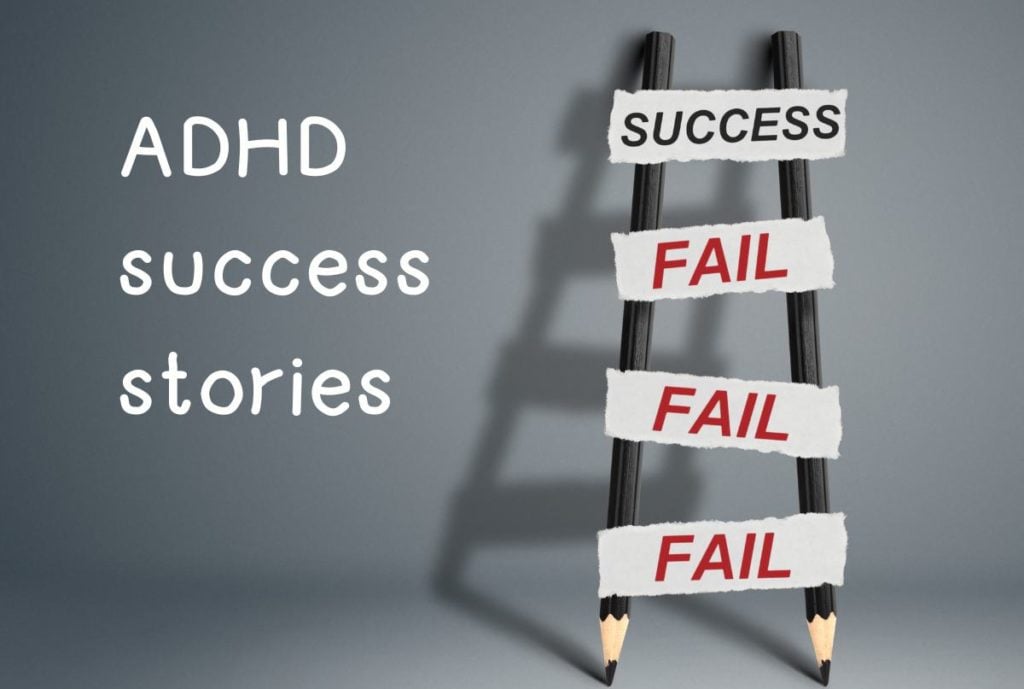
Most ADHD success stories in the press are of famous people who have been successful despite ADHD. Our students aren’t renowned. They are ordinary people who overcame or are in the process of overcoming ADHD symptoms.
The importance of attention
When we pay attention, we focus on one thing in particular and ignore distractions competing for our awareness. Paying attention is important for a child’s development, as it allows them to engage in tasks long enough to learn various skills.
A study from Duke University examined how early attention problems affect academic performance. By fifth grade, children had lower grades and reading achievement scores than their peers. The impact continued to reverberate throughout the children’s academic careers. Lower reading achievement scores and grades in fifth grade contributed to reduced grades in middle school, contributing to a 40 percent lower high school graduation rate.
ADHD is a developmental disorder associated with inattention, hyperactivity, and/or impulsivity.
Due to their inattentiveness, children with ADHD may lack focus, be disorganized, have difficulty paying attention to details, make many careless mistakes, do messy work, have trouble staying on topic, struggle to listen to others, be forgetful, and daydream a lot.
Three aspects of attention
When it comes to attention, there are three important aspects to keep in mind:
1.) Attention is a skill
The first is that attention is a skill; just like all other skills (riding a bicycle, driving a car) attention must be learned.
There are three types of attention: When a child is easily distracted by a pencil falling off their desk or sounds outside the classroom window, they lack focused attention. Sustained attention is required to focus for long periods. Divided attention is a higher-level skill where you must simultaneously perform two or more tasks. If the task is to write a story, a student must be able to think about their characters and plot, and the spelling and punctuation rules that apply.
2.) Attention is linked to other cognitive skills
Lack of attention is often linked to other cognitive skills, such as processing speed and memory. Parents may think their child has an attention problem, but the root cause is often slow processing speed or a memory deficit.
Processing speed refers to how long it takes to get stuff done. Studies show a significant difference between ADHD and typical children’s performance on processing speed (Kotnala & Halder, 2018).
Many studies have linked poor working memory to ADHD (Kofler et al., 2020). Working memory is the cognitive system responsible for temporarily storing and manipulating information. Children with poor working memory might find it challenging to remember verbal instructions. Research has also linked poor visual memory to ADHD (Zarghi et al., 2012). A sure sign of a visual memory problem is a child who struggles to copy from a book or the board.
3.) Attention is an act of will
Last but not least, attention is also an act of will. A child must be willing to learn and be taught. If the child is unwilling to learn, little learning will take place.
Help for ADHD
ADHD treatment for children includes medication, behavioral therapy, and cognitive skills training. Cognitive skills can be considered a person’s tools for learning. With the right tools, one can complete tasks with ease and efficiency. As mentioned above, cognitive skills include focused attention, sustained attention, processing speed, visual memory, and working memory.
Edublox is an educational method that offers cognitive skills training and reading or math tutoring based on solid learning principles. Edublox assists students to become life-long learners and empowers them to realize their highest educational goals. While Edublox is not a quick fix, its use can permanently alleviate the symptoms of various learning disabilities.
Below are six ADHD success stories of students who received specialized help from Edublox to overcome their ADHD symptoms and one research study.
ADHD success stories that inspire
Overcoming Attention and Concentration Difficulties
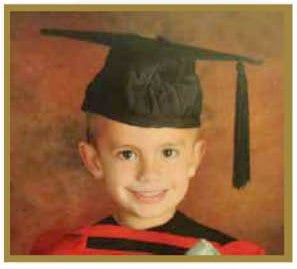
Nadia van Rooyen tells the story of how her son Dihann overcame his attention and concentration difficulties. In a few weeks Dihann went from struggling to being second in his class; he could focus on the task at hand and finish it. The story is part of an article that appeared in LIN magazine.
ADHD Success Story: Schoolwork No Longer Means Anxiety, Sadness, Tears

Kori was diagnosed with ADHD in 1st grade. When play therapy and audio-processing therapy did not yield results, her parents enrolled her in the Edublox program. Tanya shares her daughter’s progress in confidence, working speed, handling frustration, and reading.
Real Progress for Student with Apraxia, Sequential Disorder, ADHD

A mom in Utah shares her son’s progress after doing Edublox for five months. He was diagnosed with apraxia of speech, poor working memory, sequential processing disorder, and severe ADHD. His parents also suspected severe dyslexia. This is her story.
Life-changing Difference for Student with ADHD
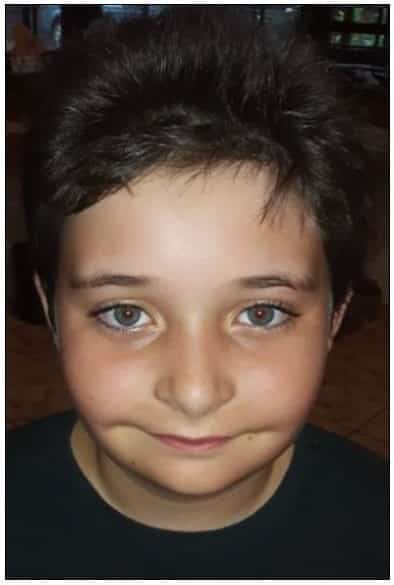
Erigh was diagnosed with ADHD, dyspraxia, and dyslexia. He was going to fail 4th grade after barely passing 3rd grade. Since attending Edublox, Erigh can concentrate much better, and his school marks increased by about 30%. His reading has also improved, together with him being able to put his thoughts in writing and it being readable for the educator. His mom tells all.
Help for ADHD-like Behaviors

A homeschool mom tells how Edublox helped her son be more organized in his thoughts, be more willing to learn, stop to focus and think things through, and more. This has flowed into other behaviors, such as a desire to have his surroundings organized and a clear workspace.
Twins with Fetal Alcohol Syndrome Overcome Learning Difficulties
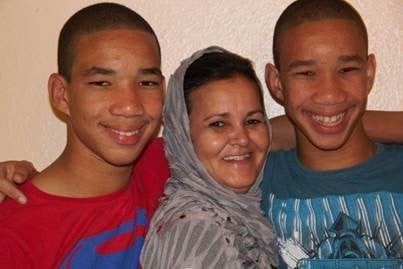
Joshua and Jeremiah were born with fetal alcohol syndrome (FAS). In Grade 2, both boys struggled to concentrate at school, had to repeat the year, and were promoted to Grade 3 with support. Jeremiah was diagnosed with ADHD and a severe form of dyslexia. Read their amazing story to victory.
An ADHD and Dyslexia Success Story

Le Roux was diagnosed with ADHD and dyslexia. He embraces his ADHD and accepts that he needs medication for school. He could, however, not understand why reading and spelling were so incredibly hard for him. Berna Spies shares her son’s success after he joined Edublox. His reading improved by two year levels, and his math mark increased by 30 percent.
Study: Edublox Improves Concentration Significantly in Five Days
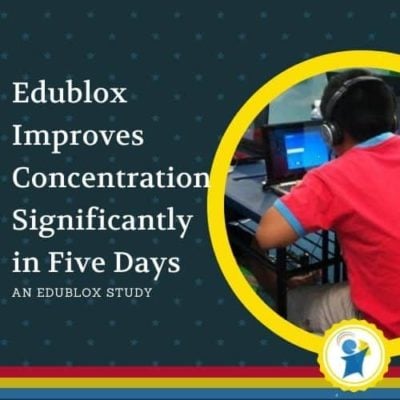
Results of the study show an improvement in concentration, or focused attention, in just five days. Focused attention is the ability to selectively concentrate on one aspect of the environment while ignoring other things. People with attention problems such as ADHD are known for their inability to filter out distractions and focus on one thing only.
Book a free consultation to discuss your child’s learning needs.

